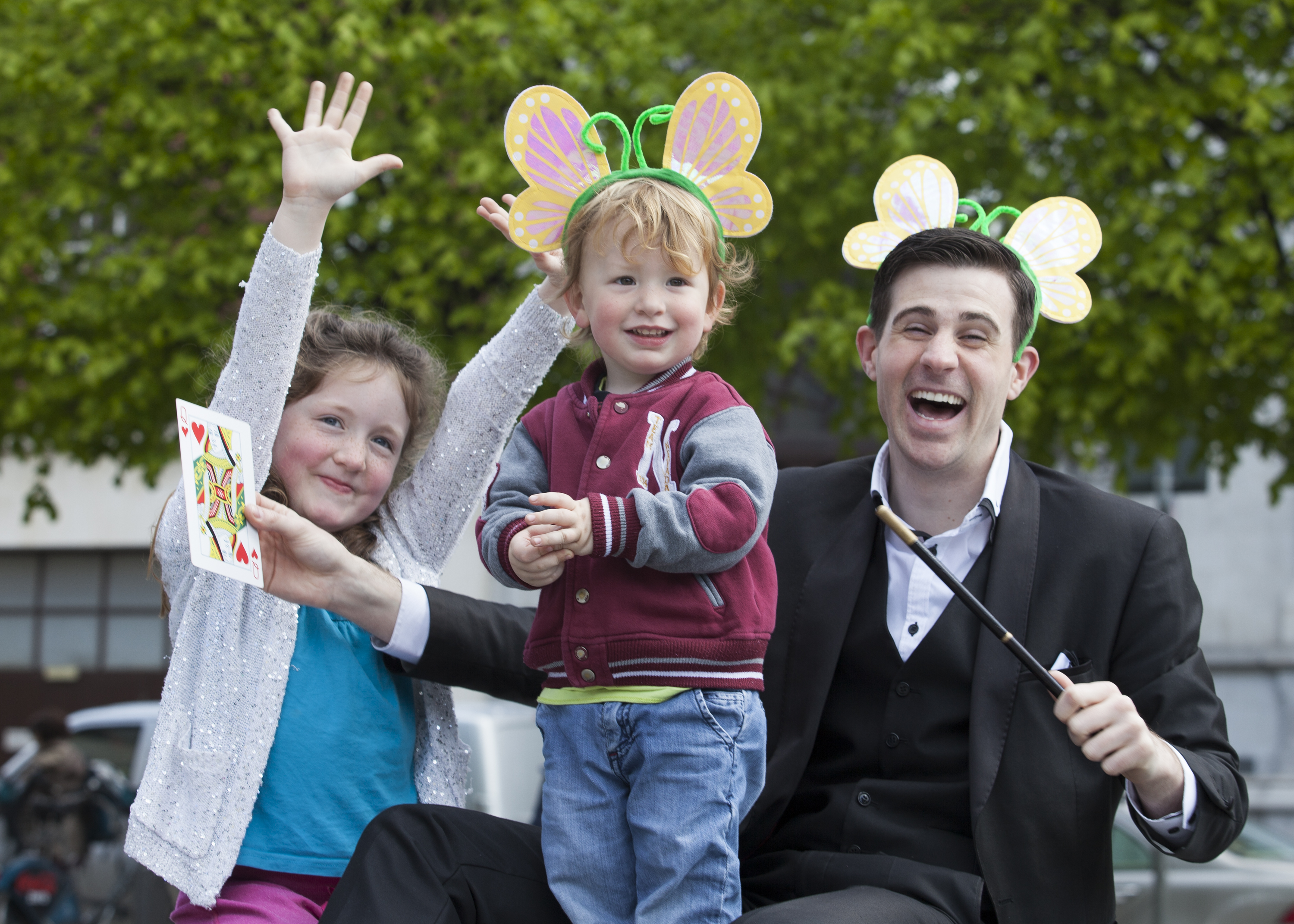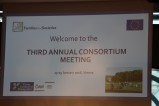Parenting | How to support a teen who lacks motivation for school
 Parents know how important school really is, whether they have worked hard themselves or wished they had worked harder. Watching your teen have no motivation for school is extremely frustrating for parents. What is crucial for teens is that they maintain positive relationships with parents when they are struggling to find their path. Education is only one path in life and it is not worth losing that parent and child bond over. How do you maintain that positive relationship with your teen without a constant daily battle?
Parents know how important school really is, whether they have worked hard themselves or wished they had worked harder. Watching your teen have no motivation for school is extremely frustrating for parents. What is crucial for teens is that they maintain positive relationships with parents when they are struggling to find their path. Education is only one path in life and it is not worth losing that parent and child bond over. How do you maintain that positive relationship with your teen without a constant daily battle?
Here are ’10 ways to’ deal with your teen’s motivation to succeed in school:
- Try to be available for them. Find time to talk when they are around. This could be late at night and not early evening when it might suit you. Remember, teens are not built the same as adults. They like to stay up late and sleep late.
- Spend time with your teen when they are relaxed. Listen to their views. This will really help you to understand them, their wants and their struggles. The more we learn about them, how they think, how they see the world and what they enjoy, the more we can support them in finding their path.
- Hear what others have to say about them. It will often make you wonder if you know them at all. They may be so different to the child you once knew.
- Take an interest in what interests them. We can often dismiss the things they like too quickly. Maybe there are things we can learn from them. The learning should not all be one way.
- Think back to when they were little and what you really enjoyed about your relationship with them. Can you bring any of these things back? Often we think that when our children get older they need less of us and less cuddles, but really they need more of us. Teen life is extremely complex.
- Try not to worry too much about the future. All parents will have dreams and plans for their children and that is okay, but really the dreams and plans need to be our children’s dreams and plans. Our role as parents is to support them to achieve. Be open minded in how you can support them.
- Do not allow other parents to pressure you into feeling you are doing the wrong thing. Education is important but there are so many courses and so many colleges. Find the right one for your child and help them to succeed. Getting grind after grind to get the CAO points may not be the answer.
- Be strict with them and set clear boundaries. Do not pamper them and treat them as babies. Expect them to be responsible.
- Respect their right to choose what they want to do. Stay calm and have faith in them. It is not a reflection on you, or your ability to parent, what your child chooses to do with their life. Be proud of their achievements whatever they are.
- Help them to become responsible adults. We would hope that our children turn out to be good people, to be respectful of others, to be kind and caring, and to be happy in their relationships. Give them space to think, to plan and to decide what they want and need from life.
This ’10 Ways to’ article is by One Family’s Director of Children & Parenting Services, Geraldine Kelly, as part of our weekly ’10 Ways to’ series of parenting tips. You can read the full series here.
Find out more about our parenting skills programmes and parent supports. For support and information on these or any related topics, call askonefamily on lo-call 1890 66 22 12 or on 01 662 9212








 One Family acts as a stakeholder within the FamiliesAndSocieties project which aims to investigate the diversity of family forms, relationships, and life courses in Europe; to assess the compatibility of existing policies to family changes; and to contribute to evidence-based policy-making.
One Family acts as a stakeholder within the FamiliesAndSocieties project which aims to investigate the diversity of family forms, relationships, and life courses in Europe; to assess the compatibility of existing policies to family changes; and to contribute to evidence-based policy-making.